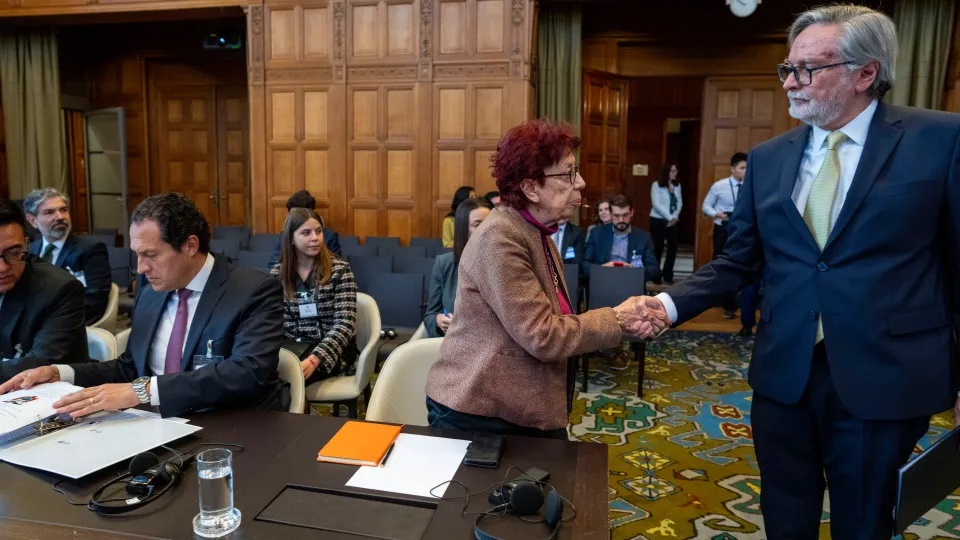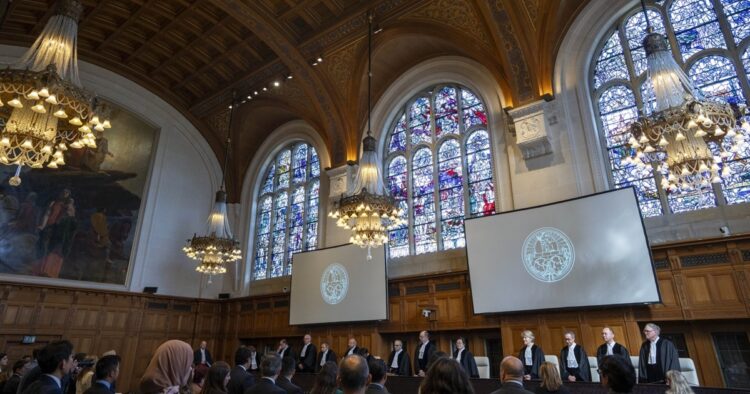Recently, Mexico has appealed to the top United Nations court for immediate action to safeguard its diplomatic property in Ecuador. This plea follows the storming of the Mexican embassy in Quito, Ecuador, which occurred on April 5th.
The raid, which took place shortly after Mexico granted asylum to former Vice President Jorge Glas, has drawn significant criticism across Latin America.
Mexico’s Foreign Affairs Ministry, represented by Alejandro Celorio Alcantara, contends that Ecuador’s actions violated international law. Mexico asserts that the storming of its embassy constituted a breach of diplomatic norms and seeks redress for these violations.

At the heart of the dispute is the asylum granted to Jorge Glas, who is described as a convicted criminal and fugitive by Ecuador. Glas had taken refuge in the Mexican embassy in December, prompting heightened tensions between the two countries.
The case, now before the International Court of Justice (ICJ), is in its preliminary phase. Mexico has filed a formal complaint against Ecuador, alleging breaches of international law.
The desired outcome includes a suspension of Ecuador’s UN membership until a public apology is issued, acknowledging the violations of international norms, and reparations are made.
While the legal process unfolds, Mexico seeks immediate measures to ensure the safety of its diplomatic premises in Ecuador. This includes preventing further intrusions and allowing Mexico to clear its diplomatic premises and the residences of its diplomats in the nation.
ALSO READ: “UN Court Rules on Ukraine’s Genocide Case Against Russia: Partial Jurisdiction Granted”
Responding to Mexico’s allegations, Ecuador’s legal team, led by Andres Teran Parral, defended the actions taken, arguing that they were necessary to apprehend Jorge Glas, whom they label as “a common criminal.” Ecuador maintains that it has already taken the necessary steps to address Mexico’s concerns.
The ICJ’s ruling on this matter is of great significance, as it not only addresses the specific grievances between Mexico and Ecuador but also underscores the importance of upholding diplomatic immunity and international law in the realm of international relations.
As the case progresses, both countries await the court’s decision, which will have implications for future diplomatic relations and the protection of diplomatic missions worldwide.

















Comments